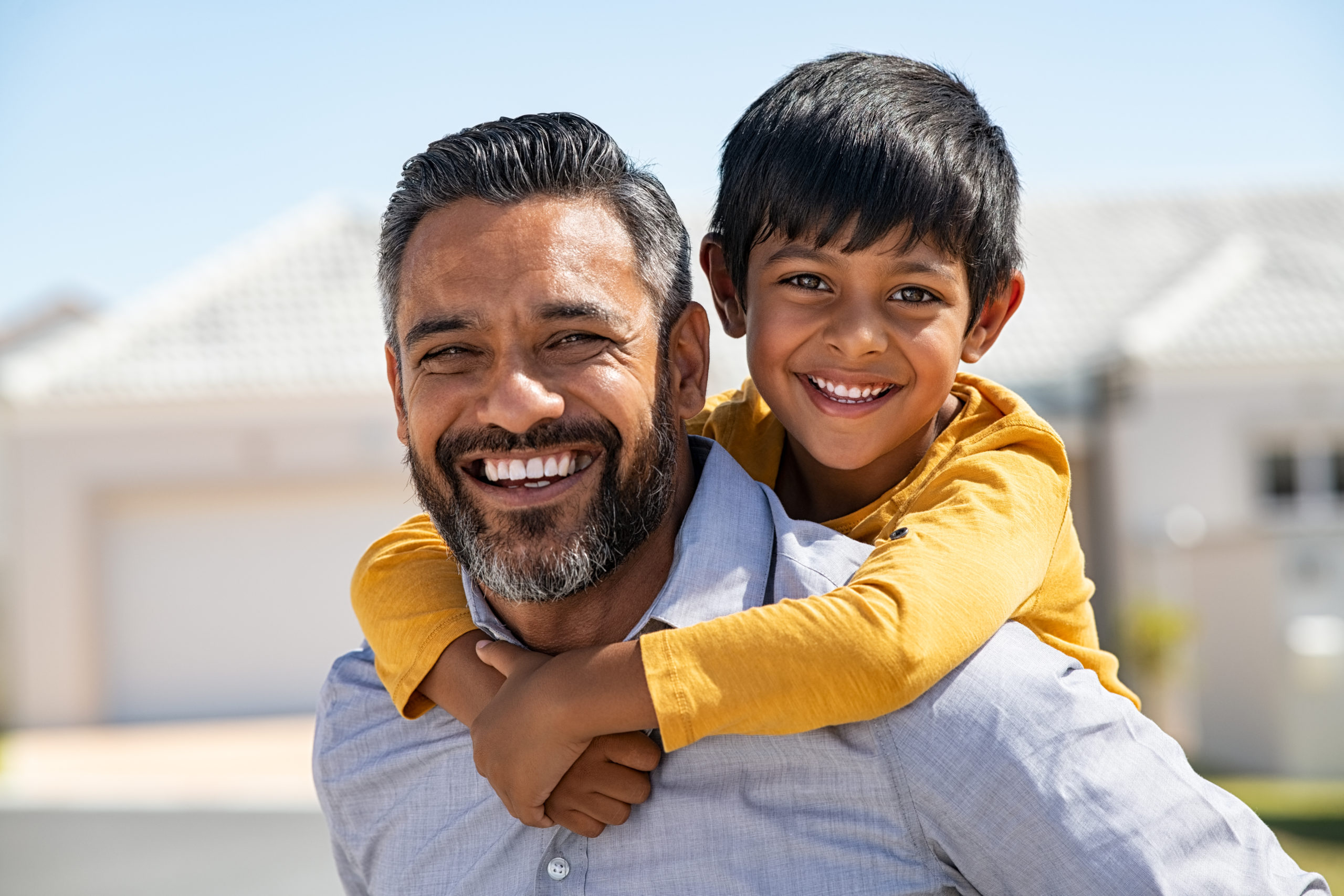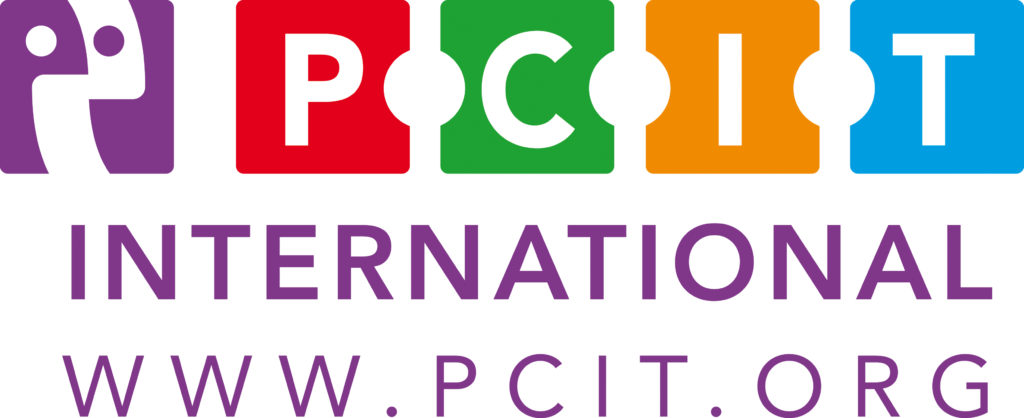
Ask anyone how the pandemic affected them, and most will say they felt increased stress, concern, anxiety or worry. We were all adversely affected by the quarantine lockdowns and the associated changes to our daily lives. I work with families, parents, caregivers and children every day, and I have heard many firsthand accounts of the struggles parents have faced, dealing with stressors that they may have never experienced before. One parent articulated what I think many have felt at some point in the last year when she said, “In all honesty, I learned that I’m not that great of a parent. I really let my own stress affect my kids. It is something I have been working on…for months now.”
As I have worked to support my clients, and as I have lived as a working mom in a pandemic, I have had some amazing “Aha!” moments and learned some great lessons that may help each of us become healthier, more resilient parents (who can survive and thrive despite adversity). If we embrace these lessons, we will be able to model behaviors for our children, so they will learn healthy coping strategies for times of stress, anxiety, and change.
Lesson #1
A major struggle that the pandemic and blatant display of social injustice made more visible is the immense pain of loneliness. Many of us felt alone in our struggles (and physical separation only made that feeling worse). Having support in times of stress and pain is essential. Having access to a supportive network of trusted people to talk to (even a virtual network) is key to reducing isolation and stress and contributes to a sense of wellbeing. If you still need more support, mental health professionals are here to help. And don’t forget, we’re modeling healthy behaviors for our kids! Like grownups, kids have struggled with big feelings of frustration, anger and loneliness during the pandemic. Kids need to be able to talk to a trusted adult when they feel big feelings. If kids don’t have an outlet for big feelings, they may exhibit unhealthy behaviors.
Lesson #2
Healthy habits can overcome broken routines. Lockdowns meant that everyone was home together for months, with little or no physical interaction outside immediate family members. Lockdown also meant our daily routines and those of our children were upended overnight. One parent said, “The worst part about parenting in the pandemic was learning to be home all the time with my kids. We always used to have a routine–get up, go to school, go to work, whatever activity we had that afternoon, come home, cook, do homework, take a shower, go to bed.” It’s ok to acknowledge and mourn the loss of our daily routines, like going to school and work, seeing friends, playing sports, and so many more things we missed during the pandemic. It is also important to recognize that while changes are hard, we should practice healthy habits every day. Getting up, washing and brushing our teeth, dressing, eating healthy food, preparing for school or work, exercising, playing, resting and connecting to others are all healthy habits we should be doing every day. Remember, do these things for yourself and not just for your family members. Self-care is a vital part of your ability to care for your family.
Lesson #3
There may be no more important lesson the pandemic has taught us than this: Time on earth is a precious commodity, and people are the world’s greatest treasure. As a family therapist, the counsel I have given the most throughout the past year is to treasure the moments with our children. Love them, talk to them, be patient with them, play with them, and teach them, and learn from them. So many parents have used the extra time at home to deepen their relationship with their children. Kids have needed more hugs, more attention, and more reassurance, and parents have too. How did the pandemic change our parenting strategies? One parent told me, “I learned to take it one day at a time. Everything doesn’t have to be complete all in one day.” Another parent said her strategies change depending on the day, but she tries to always be open to talking with her kids, to hearing their ideas, and to trying something new and having fun with her family. “We are more open with each other.”
I want to acknowledge that even with all my education and experience in the field of school psychology, and my years of experience in education and counseling, I still have had to work hard every single day to support my children, my spouse and myself. I “practice what I preach” but I had good and bad days, highs and lows if you will … just like everyone else.
I hope these lessons have resonated with you as they have with me. Becoming resilient parents is possible, even in historic times like these. Raising resilient children requires that they be nourished, in body, mind, and heart. Parents, you don’t have to bear these burdens alone. Become more aware of your stressors. Use your support network to get help when you need it. If you need more help to develop health coping strategies or to help teach them to your children, contact a mental health professional in your area. We are here to help.



